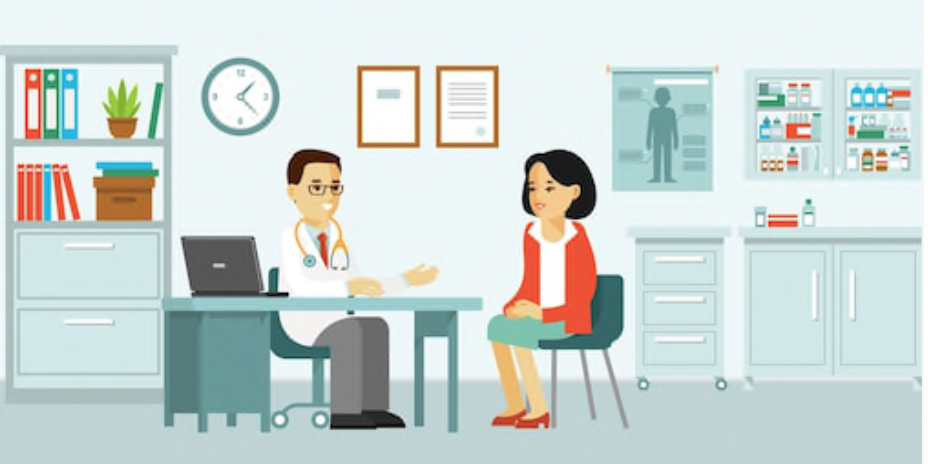Because if you don’t? It can kill you.
For a little more than a year, southeast Michigan has been hit with a frightening number of hepatitis A cases that has proven to be one of the largest such outbreaks to ever occur in this country. More than 500 cases have been reported so far this year, which is more than 10 times the normal rate of infection.
Naturally, the biggest questions on most peoples’ minds are what the heck is hepatitis A, what can be done about it, and how can I keep from getting it?
And what happens to me if I do get it?
To get some answers to these questions, I spoke recently with Dr. Nasir Husain from the Henry Ford Macomb Hospital.
What is Hepaptitis A?
Hepatitis A is the name of a virus that infects the liver. After getting infected, in about 3 to 6 weeks, you develop symptoms. Symptoms related mainly to fever, tiredness, fatigue. You might have pain in the liver, which is on the right side below the chest. Sometimes you become nauseous. But a lot of these patients who do develop Hepatitis A, they can have extremely mild symptoms and not even realize they have Hepatitis.
However, two weeks before these patients develop symptoms, they’re extremely infectious. And the virus is passed through the stool, and we do see in the community if people who are infected and they haven’t yet developed symptoms, for two weeks before they develop symptoms, if they don’t wash their hands after using the bathroom, their hands have the virus and they can contaminate door handles, food, faucets and so on. And if another person who’s not immuned to this infection – because you can get immunity by getting vaccinated – when they touch these surfaces, and they happen to be having a meal, or maybe they just touch their lips, they can then get infected. It’s extremely infectious.
And that’s the problem, because when people are sick, they tend to stay away from public gatherings, but here they feel perfectly fine – except they’re infectious. And so that’s part of the reason why this infection spreads very rapidly in the community [is because people who are unknowingly infected are interacting with others and spreading the disease].
Why is the disease targeting this area?
If a virus has taken hold in a certain community, and that community does not have immunity against the infection, the virus tends to find people who it can infect. And so it keeps circulating in the community and spreading in the community. So for instance, you go to a small town, and some food handler has this infection, and he contaminates the food material, people will go there, eat food, get infected, then pass it on to someone else and on and on and on.
So to break this cycle in a community, either people get infected and become immuned and they stop passing the virus, or they get vaccinated, and then the virus enters the body and it cannot set up an infection.
Read the full article to find out more.

